Becoming mindful of your breathing
Being present and engaged with whatever you are doing.
Henriette Lamprecht – It has received a lot of publicity the last few years being used in Silicon Valley and medicine with the information slowly tricking down to Namibia.
Mindfulness has become an accepted form of therapy in the treatment of both physical health and mental health conditions says the two founders of the Institute for Mindfulness Namibia (IMINA), Suzy Seha and Iani de Kock.
Iani, a registered psychologist, says mindfulness refers to the quality of being present and fully engaged with whatever we’re doing at the moment – a source of information without identification or judgement.
She started meditating when she was in school as a way to try and be happier “since being a teenager is hard!”
It wasn’t really until she went back to finish her psychology training, when she started focusing more on mindfulness meditation in particular.
“I had always felt that learning to meditate so young was an incredible gift and I always tell people that meditation is my superpower. I therefore really wanted to find a way to combine my two great passions: meditation and psychology”
As she started delving deeper into the best kinds of meditation for mental health, Iani found mindfulness-based stress reduction therapy and cognitive therapy as well as the incredible research base supporting exactly what she found experientially: mindfulness is a superpower! She enrolled for formal mindfulness training through the Institute of Mindfulness in South Africa in collaboration with Stellenbosch University to ensure her skills and training can offer the best possible therapeutic outcomes.
It was when she enrolled with her training about two years ago that she closely befriended Suzy at another meditation teacher training. The two started dreaming of ways to bring mindfulness to the masses and the early idea for the institute was born.
Hoping to offer training to from teachers to pastors, Suzy and Iani hope it will bring more mindfulness into all spheres of life.
“I believe that is how we can be the change and help create a less reactive, more compassionate community and nation at large.”
Unlike Iani, Suzy only found meditation later in her life.
The first time she really took any interest in meditation was during her studies on the energy system of the body. Pretty quickly she was “thrown” into long meditations.
“In the December holidays of that year my family and friends in Cape Town all independently asked me what I had done that year because I was so ‘changed’ – I was looking younger and had a presence of calm and looked like I took things ‘in my stride’,” says Suzy.
She was introduced to mindfulness in her children’s yoga teacher training.
“Until I met Iani, I felt like I was on an island of mindfulness all on my own! We hope to make mindfulness accessible to people from all walks of life, to make mindfulness a mainstream option and choice.”
Iani explains mindfulness meditation is the formal practice in which we cultivate a greater capacity to observe and be increasingly aware of our thoughts and feelings without getting caught up in them.
“This attitude of gentle and curious observation enables us to approach and observe difficult experiences with more compassion and without pushing them away or rejecting them,” says Iani. The benefits are increased awareness that aids us in being less reactive towards ourselves or others.
According to her an abundance of research has found that mindfulness contributes to reduced stress and an increase in overall happiness and a healthier state of mind and body.
“Today’s fast paced and demanding lifestyle and the fragile economic environment have already thrown too many of our community members into states of continual stress and disconnect.”
With a daily mindfulness practice, the effects of stress can be treated, and future stressful situations can be managed with “tools” that are easy to learn, adaptable to all ages and requiring no special equipment.
“With the age of the internet, basic mindfulness training is easily available regardless of location or socio-economic background.”
Better outcomes are however associated with tried and tested structured programmes, such as mindfulness-based stress reduction and mindfulness-based cognitive therapy.
International research using these structured programmes have shown that mindfulness significantly improves the treatment outcomes of many physical illnesses, including chronic pain and stress, heart disease, inflammation and immune function.
Consequently, mindfulness is a promising intervention for many autoimmune diseases like lupus and fibromyalgia associated with high levels of stress, says Iani.
“Mindfulness has also been shown to affect neuroplasticity, which is the growth of new brain cells, and even the epigenetics that control aging!
Simply put, daily mindfulness meditation can physically slow the rate at which the cells of your body divide and age.”
Research is also showing the promise of mindfulness-based therapies for the treatment of mental illnesses, including stress, depression, anxiety, trauma and addiction and can lead to an improved subjective quality of life. Various specialised mindfulness-based interventions have also been developed for the treatment of specific disorders, including Mindfulness-Based Eating, Mindfulness-Based Relapse Prevention, Mindfulness-based Mental Fitness Training, Mindfulness-based Therapy for Cancer Patients, Trauma Sensitive MBSR, and even mindfulness for enhanced sports performance.
One of the myths of meditation is that you can “clear your mind”, says Iani.
Ultimately, the intention behind mindfulness meditation isn’t to stop or change our thoughts or the way we feel in any way. Instead, it changes our attitudes towards our thoughts, feelings and sensations and the way we meet ourselves.”
She emphasises one needs to meditate for an hour a day to get benefits.
Iani and Suzy hopes to through the institute take evidence-based, structured mindfulness practices to the community at large through amongst others facilitating workshops, retreats and interventions to from individuals to healthcare facilities.
Mindfulness can be practiced by most people, explains Iani but it is recommended that psychotherapy is undertaken concurrently with the cultivation of mindfulness practice if there is any history of mental health conditions, such as depression, anxiety, trauma or substance abuse.
“This is simply because mindfulness does make us become more aware of our inner states, including our thoughts, feelings and emotions. If these states are predominantly unpleasant or uncontrolled, this awareness can sometimes be difficult to be with.”
But it is also exactly this increased awareness that makes mindfulness an incredibly powerful and useful tool to use therapeutically, since we cannot change states that we are not aware of, says Iani.
To start the journey towards mindfulness, start to just becoming mindful of your breathing throughout the day and allow it to be your anchor to more presence, even if it’s only a mindful minute at a time, she suggests.
Extend it to your other senses, taking really short periods throughout the day to just “come to our senses” is a great place to start.
“These small steps will take you in the direction of living more mindfully. Mindfulness is not just while you are doing your ‘formal’ practice of meditation, it is ultimately being able to take mindfulness into your daily life. Any and all activities can be done mindfully.” - [email protected]
Mindfulness has become an accepted form of therapy in the treatment of both physical health and mental health conditions says the two founders of the Institute for Mindfulness Namibia (IMINA), Suzy Seha and Iani de Kock.
Iani, a registered psychologist, says mindfulness refers to the quality of being present and fully engaged with whatever we’re doing at the moment – a source of information without identification or judgement.
She started meditating when she was in school as a way to try and be happier “since being a teenager is hard!”
It wasn’t really until she went back to finish her psychology training, when she started focusing more on mindfulness meditation in particular.
“I had always felt that learning to meditate so young was an incredible gift and I always tell people that meditation is my superpower. I therefore really wanted to find a way to combine my two great passions: meditation and psychology”
As she started delving deeper into the best kinds of meditation for mental health, Iani found mindfulness-based stress reduction therapy and cognitive therapy as well as the incredible research base supporting exactly what she found experientially: mindfulness is a superpower! She enrolled for formal mindfulness training through the Institute of Mindfulness in South Africa in collaboration with Stellenbosch University to ensure her skills and training can offer the best possible therapeutic outcomes.
It was when she enrolled with her training about two years ago that she closely befriended Suzy at another meditation teacher training. The two started dreaming of ways to bring mindfulness to the masses and the early idea for the institute was born.
Hoping to offer training to from teachers to pastors, Suzy and Iani hope it will bring more mindfulness into all spheres of life.
“I believe that is how we can be the change and help create a less reactive, more compassionate community and nation at large.”
Unlike Iani, Suzy only found meditation later in her life.
The first time she really took any interest in meditation was during her studies on the energy system of the body. Pretty quickly she was “thrown” into long meditations.
“In the December holidays of that year my family and friends in Cape Town all independently asked me what I had done that year because I was so ‘changed’ – I was looking younger and had a presence of calm and looked like I took things ‘in my stride’,” says Suzy.
She was introduced to mindfulness in her children’s yoga teacher training.
“Until I met Iani, I felt like I was on an island of mindfulness all on my own! We hope to make mindfulness accessible to people from all walks of life, to make mindfulness a mainstream option and choice.”
Iani explains mindfulness meditation is the formal practice in which we cultivate a greater capacity to observe and be increasingly aware of our thoughts and feelings without getting caught up in them.
“This attitude of gentle and curious observation enables us to approach and observe difficult experiences with more compassion and without pushing them away or rejecting them,” says Iani. The benefits are increased awareness that aids us in being less reactive towards ourselves or others.
According to her an abundance of research has found that mindfulness contributes to reduced stress and an increase in overall happiness and a healthier state of mind and body.
“Today’s fast paced and demanding lifestyle and the fragile economic environment have already thrown too many of our community members into states of continual stress and disconnect.”
With a daily mindfulness practice, the effects of stress can be treated, and future stressful situations can be managed with “tools” that are easy to learn, adaptable to all ages and requiring no special equipment.
“With the age of the internet, basic mindfulness training is easily available regardless of location or socio-economic background.”
Better outcomes are however associated with tried and tested structured programmes, such as mindfulness-based stress reduction and mindfulness-based cognitive therapy.
International research using these structured programmes have shown that mindfulness significantly improves the treatment outcomes of many physical illnesses, including chronic pain and stress, heart disease, inflammation and immune function.
Consequently, mindfulness is a promising intervention for many autoimmune diseases like lupus and fibromyalgia associated with high levels of stress, says Iani.
“Mindfulness has also been shown to affect neuroplasticity, which is the growth of new brain cells, and even the epigenetics that control aging!
Simply put, daily mindfulness meditation can physically slow the rate at which the cells of your body divide and age.”
Research is also showing the promise of mindfulness-based therapies for the treatment of mental illnesses, including stress, depression, anxiety, trauma and addiction and can lead to an improved subjective quality of life. Various specialised mindfulness-based interventions have also been developed for the treatment of specific disorders, including Mindfulness-Based Eating, Mindfulness-Based Relapse Prevention, Mindfulness-based Mental Fitness Training, Mindfulness-based Therapy for Cancer Patients, Trauma Sensitive MBSR, and even mindfulness for enhanced sports performance.
One of the myths of meditation is that you can “clear your mind”, says Iani.
Ultimately, the intention behind mindfulness meditation isn’t to stop or change our thoughts or the way we feel in any way. Instead, it changes our attitudes towards our thoughts, feelings and sensations and the way we meet ourselves.”
She emphasises one needs to meditate for an hour a day to get benefits.
Iani and Suzy hopes to through the institute take evidence-based, structured mindfulness practices to the community at large through amongst others facilitating workshops, retreats and interventions to from individuals to healthcare facilities.
Mindfulness can be practiced by most people, explains Iani but it is recommended that psychotherapy is undertaken concurrently with the cultivation of mindfulness practice if there is any history of mental health conditions, such as depression, anxiety, trauma or substance abuse.
“This is simply because mindfulness does make us become more aware of our inner states, including our thoughts, feelings and emotions. If these states are predominantly unpleasant or uncontrolled, this awareness can sometimes be difficult to be with.”
But it is also exactly this increased awareness that makes mindfulness an incredibly powerful and useful tool to use therapeutically, since we cannot change states that we are not aware of, says Iani.
To start the journey towards mindfulness, start to just becoming mindful of your breathing throughout the day and allow it to be your anchor to more presence, even if it’s only a mindful minute at a time, she suggests.
Extend it to your other senses, taking really short periods throughout the day to just “come to our senses” is a great place to start.
“These small steps will take you in the direction of living more mindfully. Mindfulness is not just while you are doing your ‘formal’ practice of meditation, it is ultimately being able to take mindfulness into your daily life. Any and all activities can be done mindfully.” - [email protected]



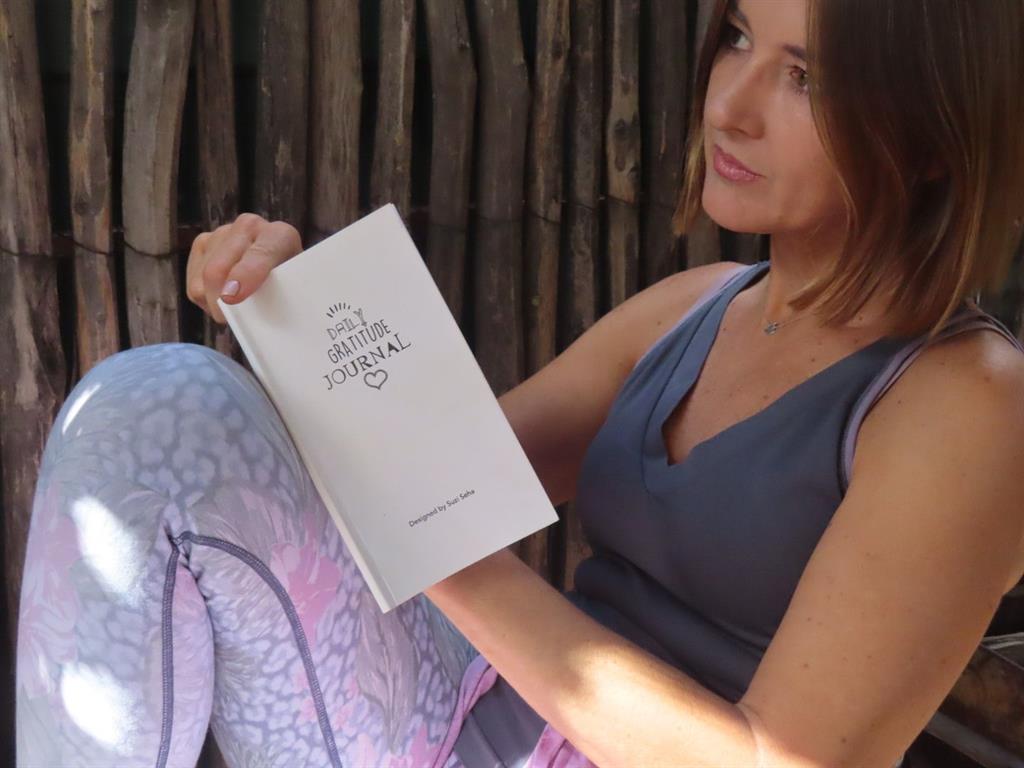
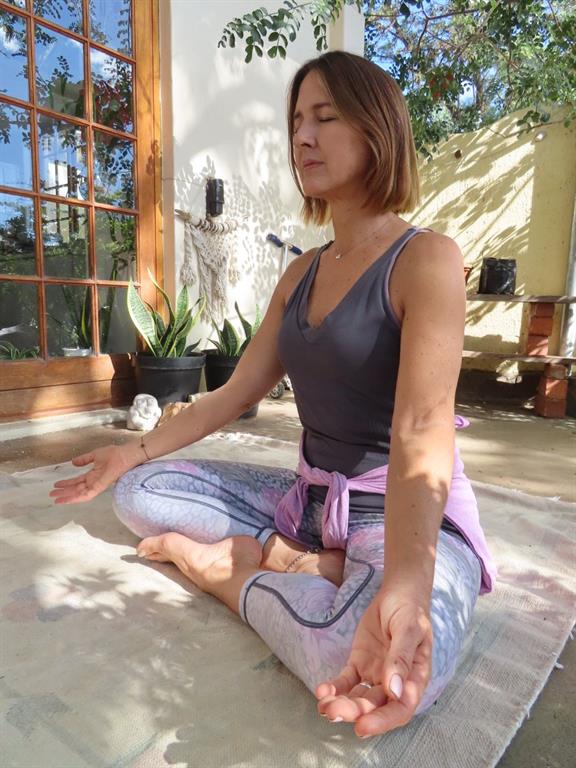
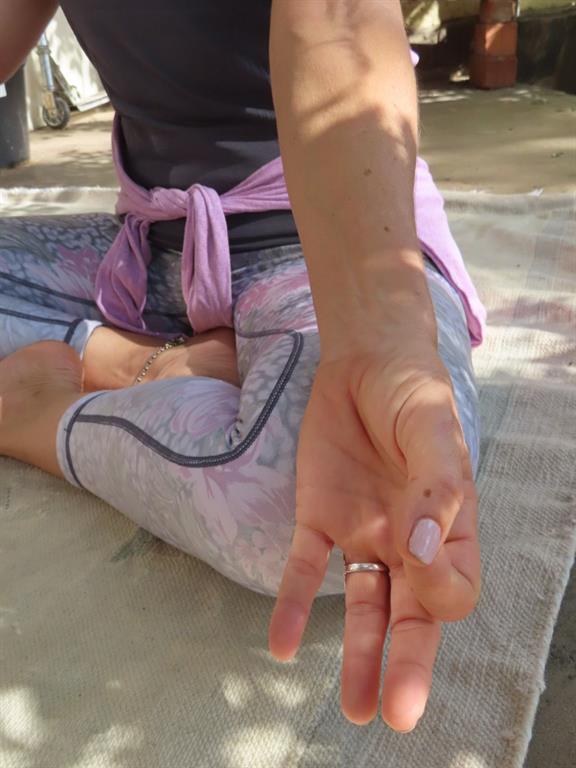
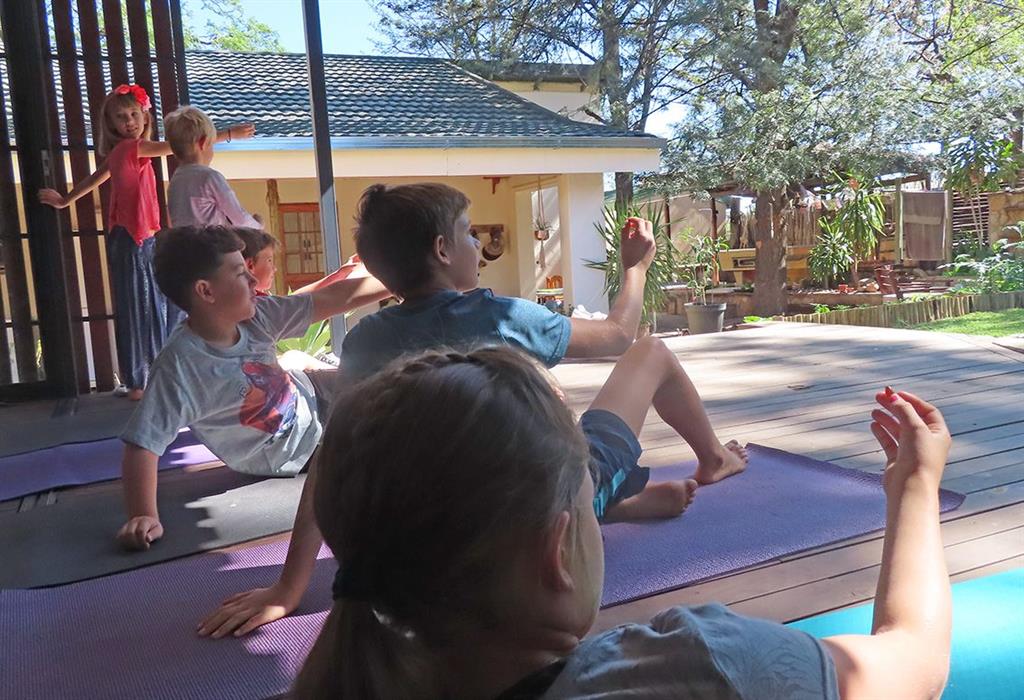
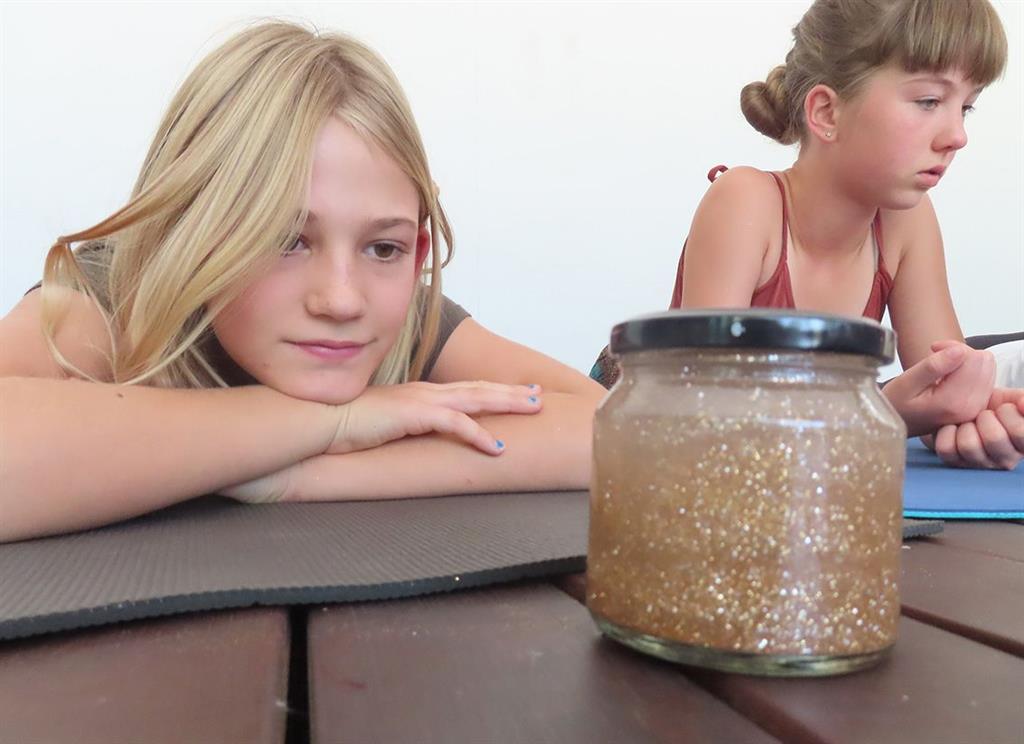
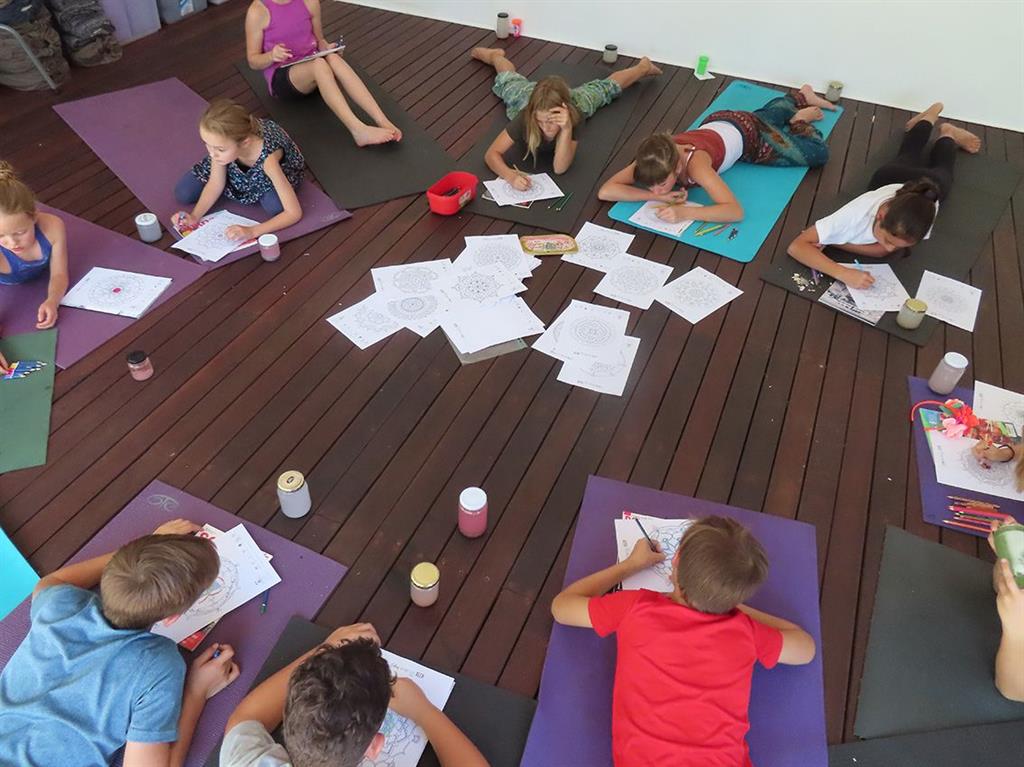

Comments
Namibian Sun
No comments have been left on this article